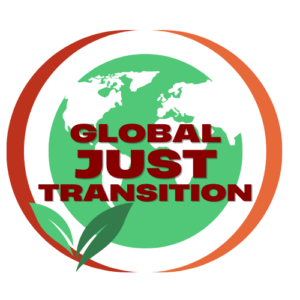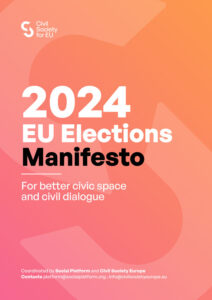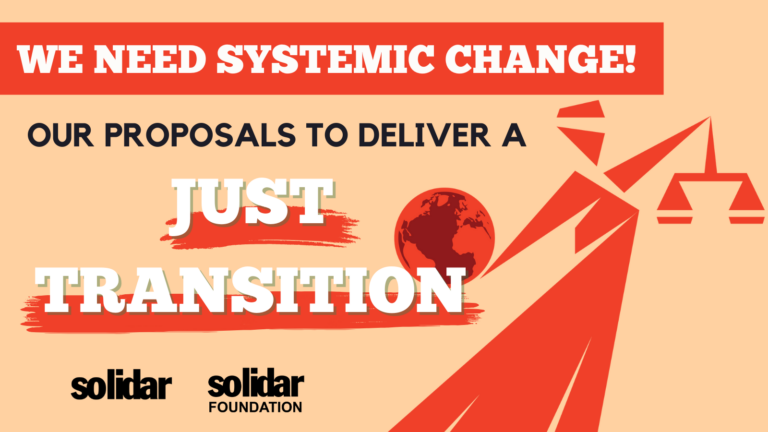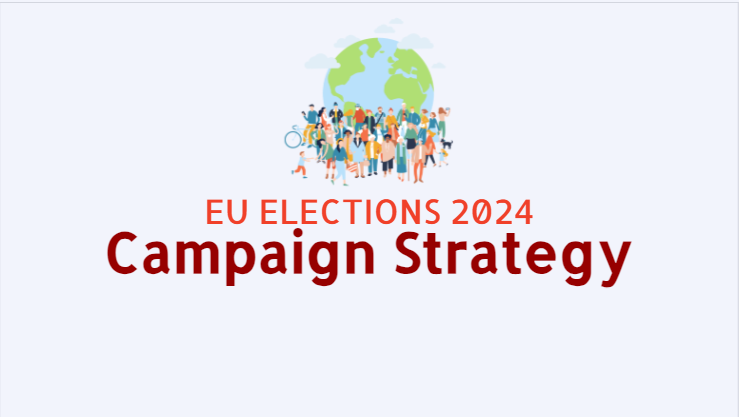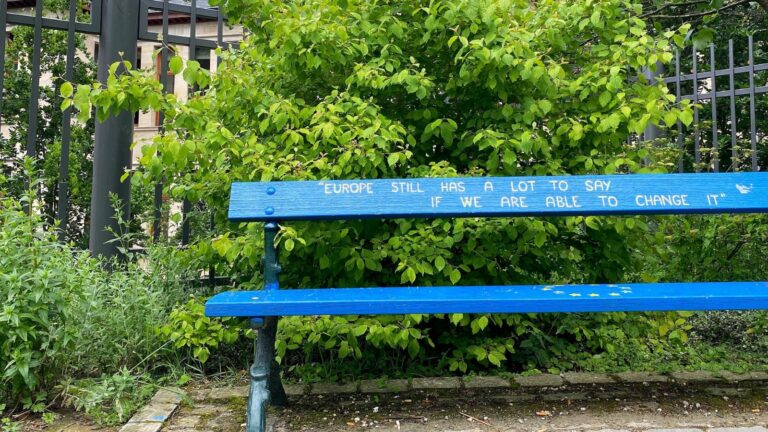Building a fair and sustainable WORLD together
Together, we can build a Europe that protects people and the planet – starting now
After the 2024 European elections, we choose to see the glass half full: the democratic centre has held its ground. Having won this election, the conservative parties hold the key to this cooperation. But the progressive forces will be important partners and should make the most of their weight.
For the past year, SOLIDAR has campaigned for social justice though a socially just green transition. As election night passes, we launch a new phase of advocacy. The far right’s rise highlights the urgent need for bold social policies, addressing living costs, job security, and inequality without scapegoating.
SOLIDAR remains committed to social justice, democracy, climate action, and an economy that benefits all. Our role as a civil society movement is crucial.
Read our Manifesto in the other languages available: Italian, Spanish, German, French, and Croatian.








